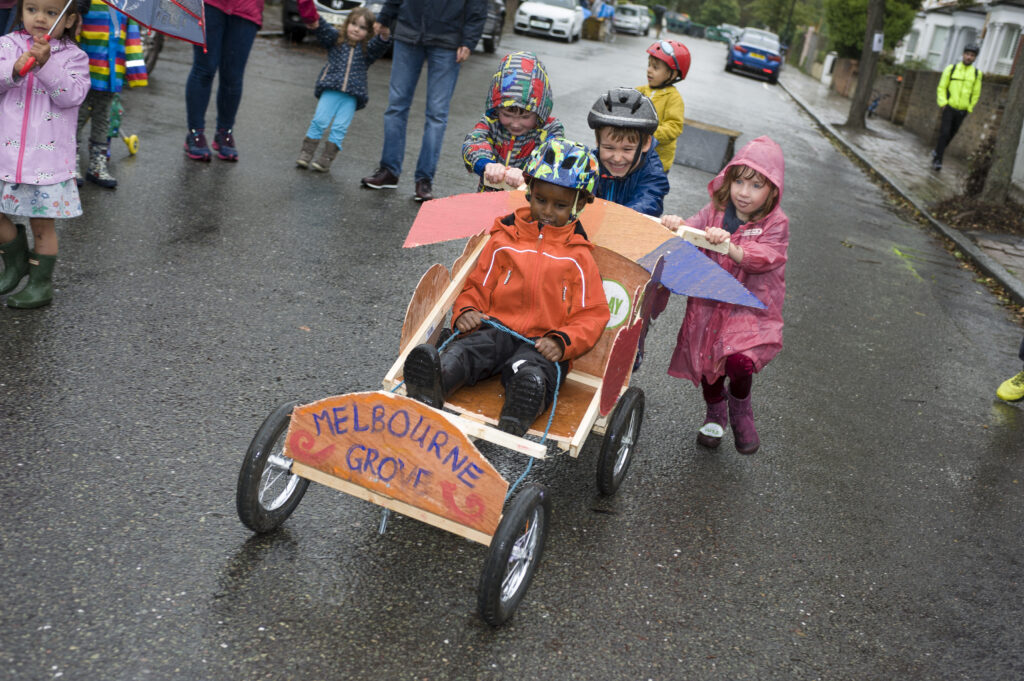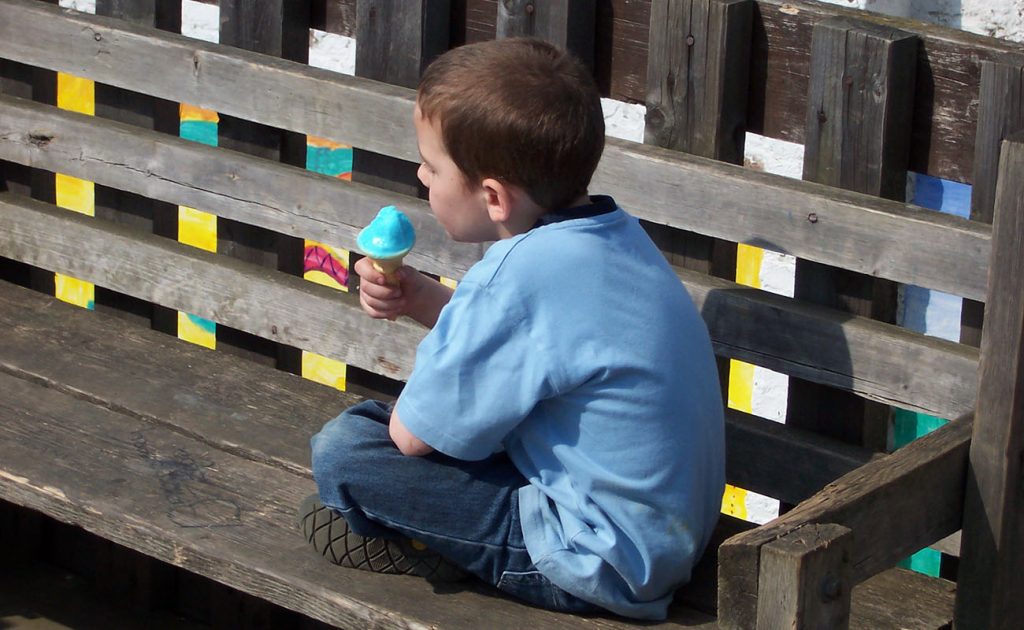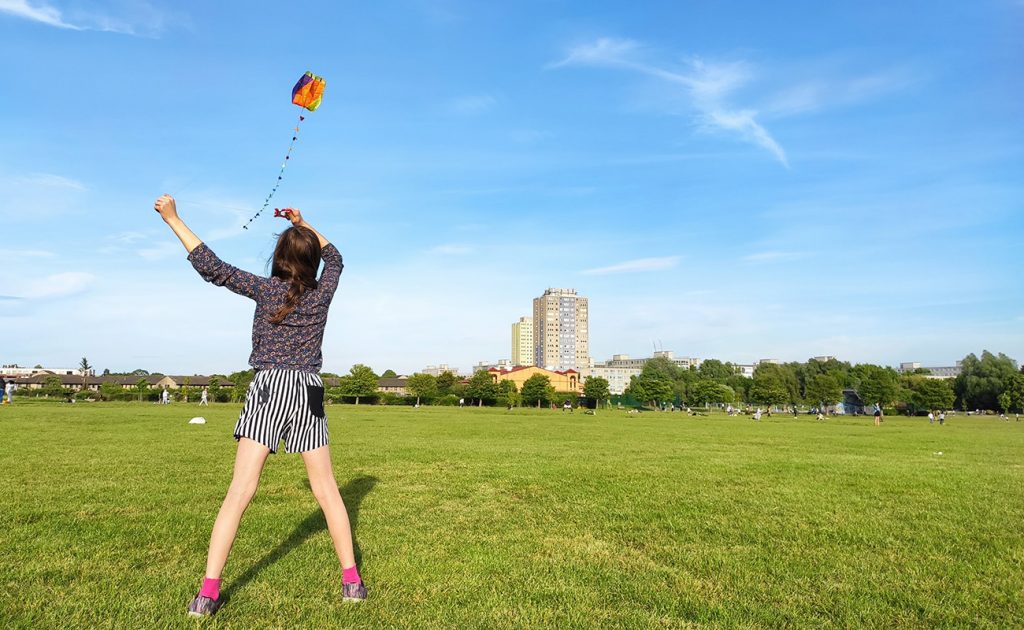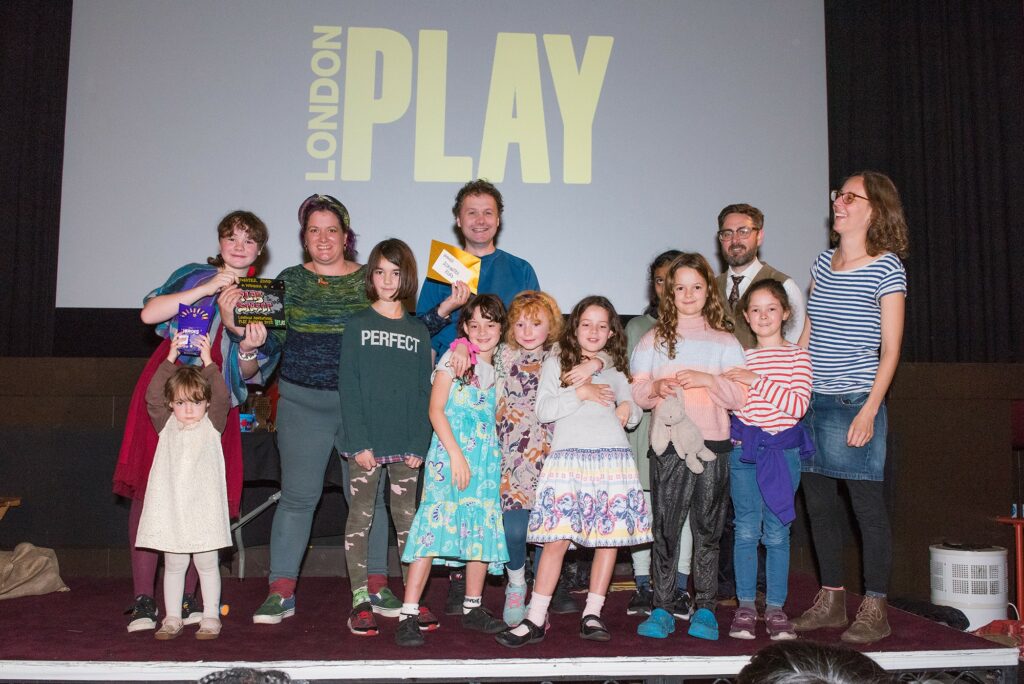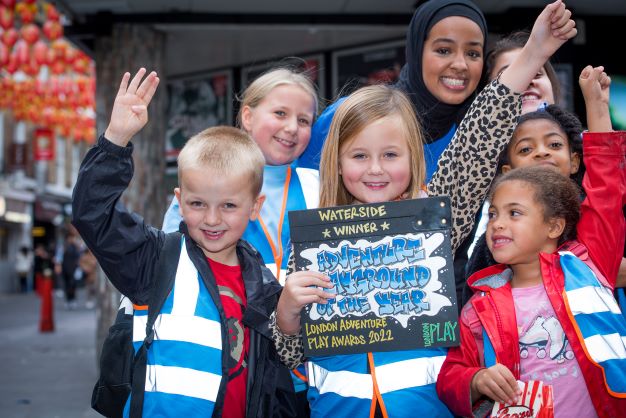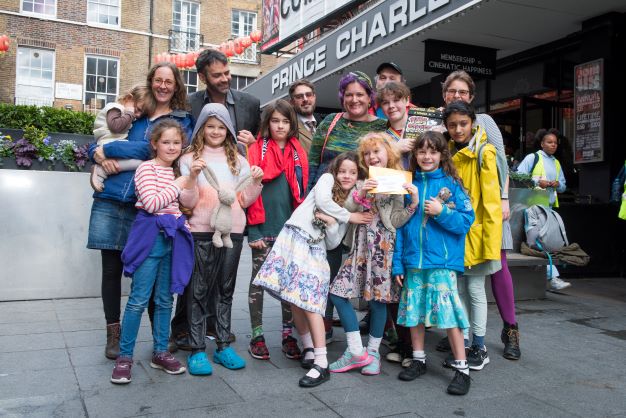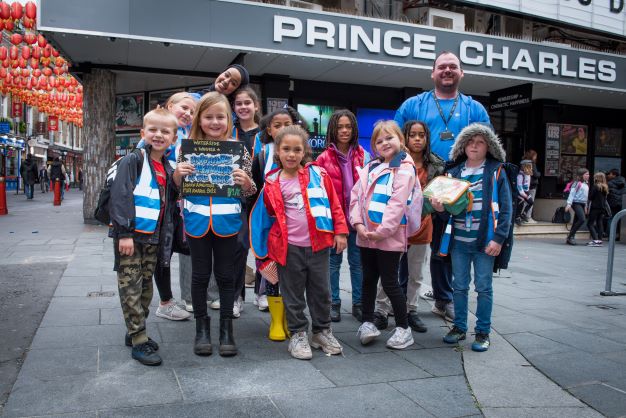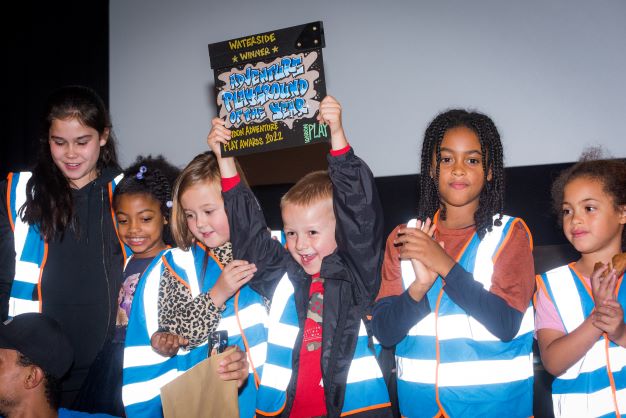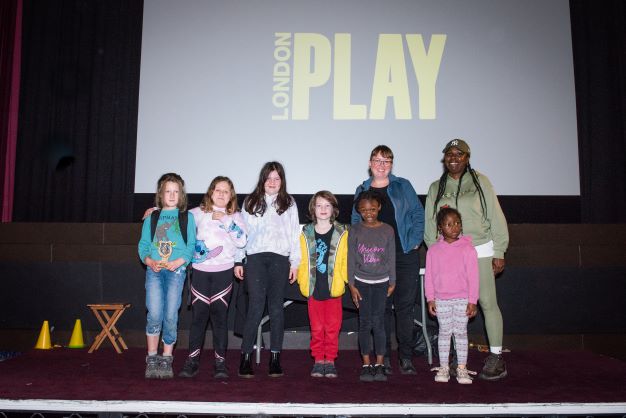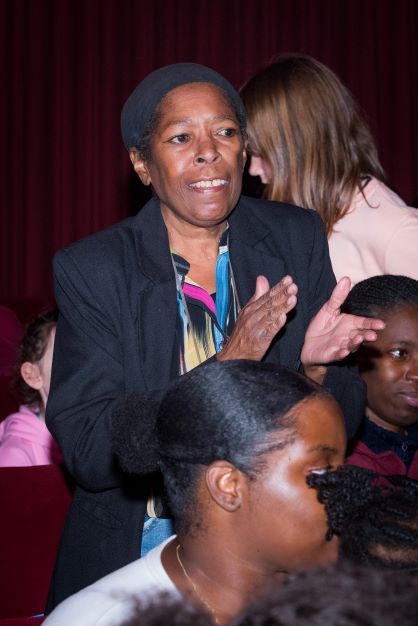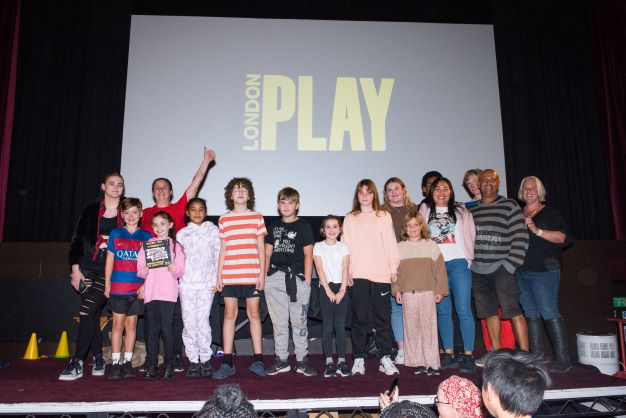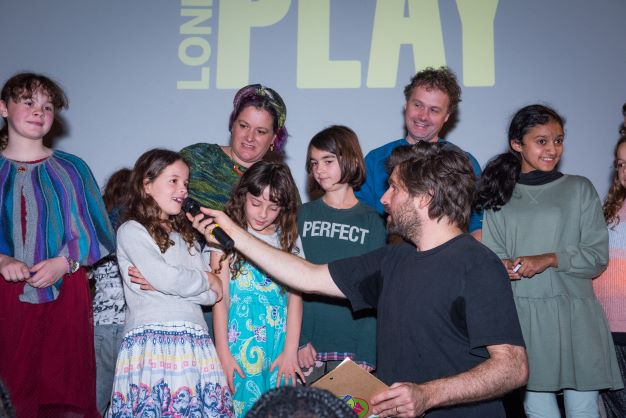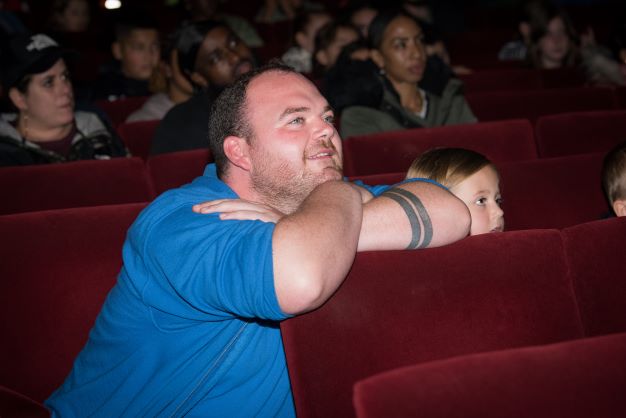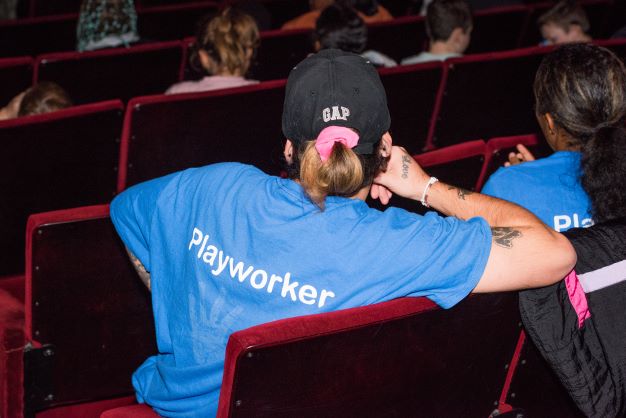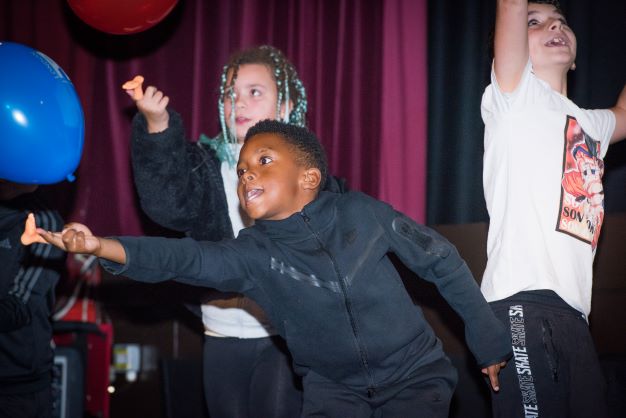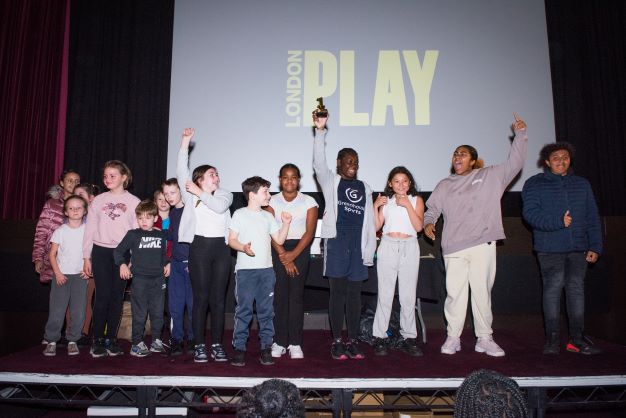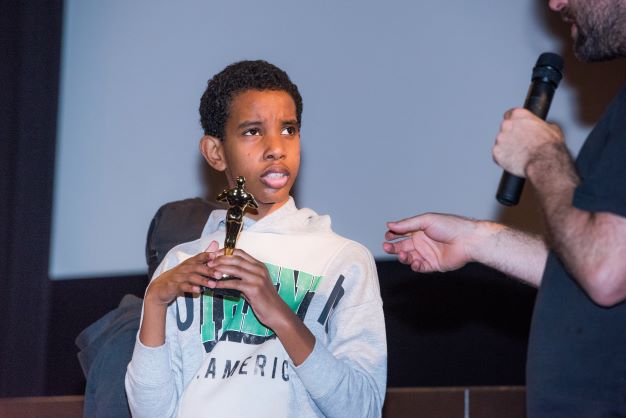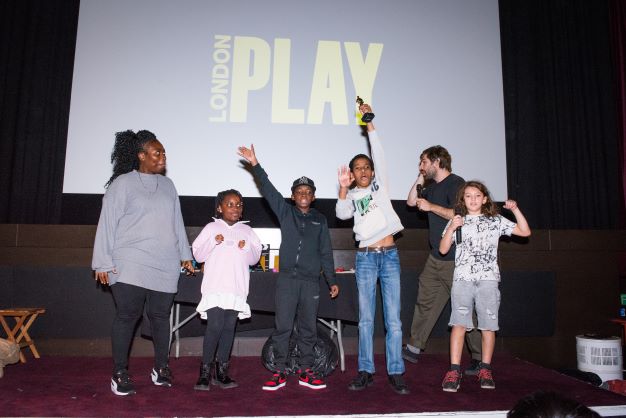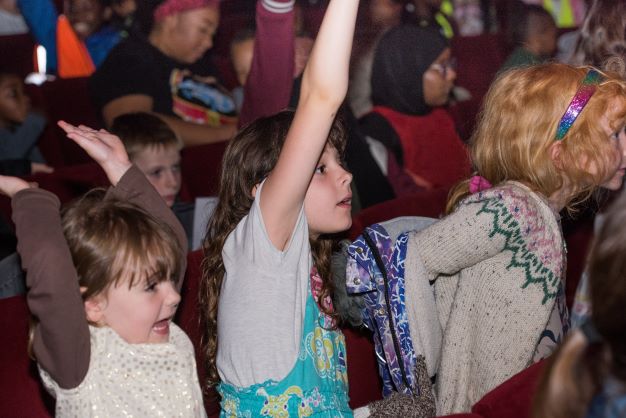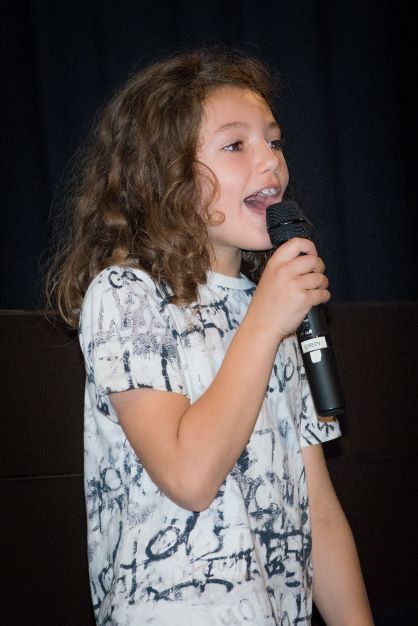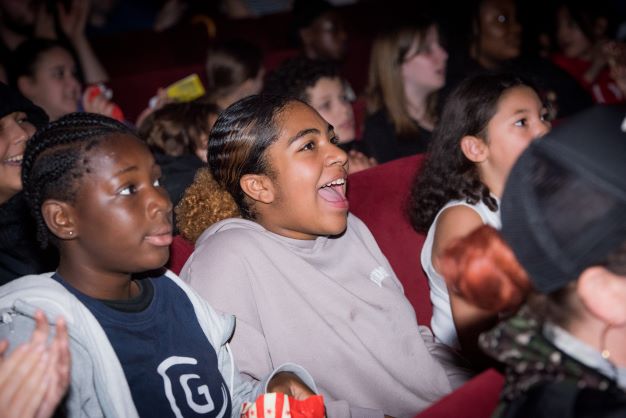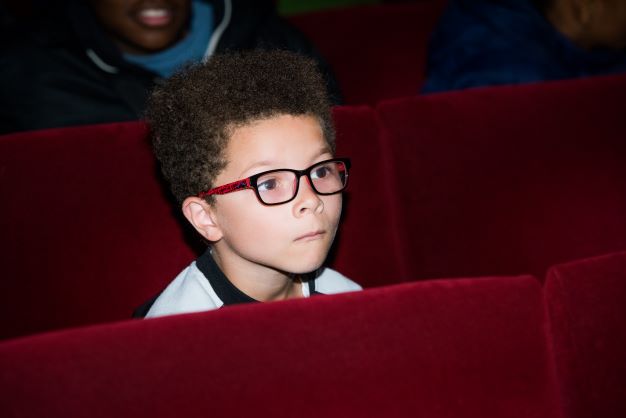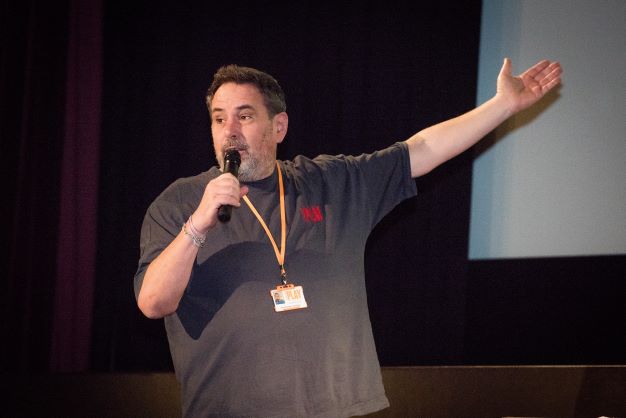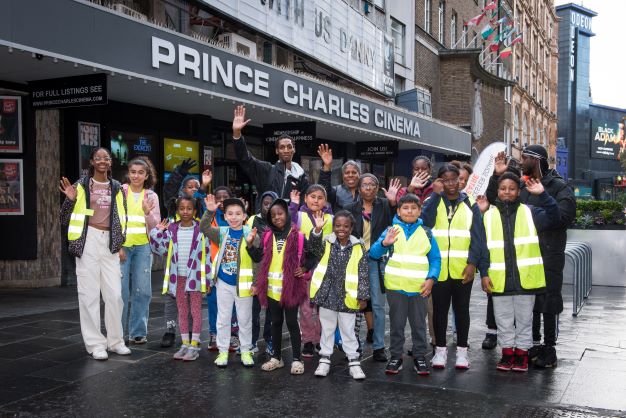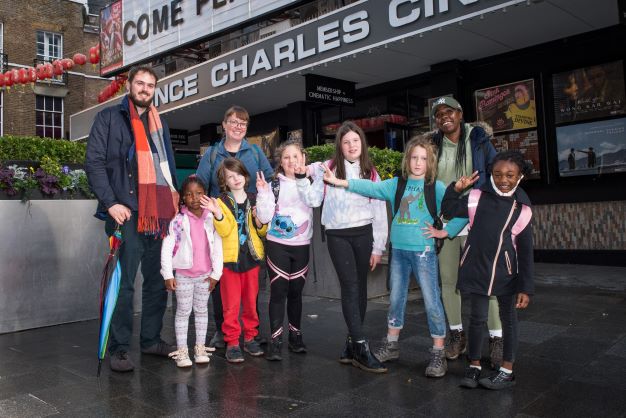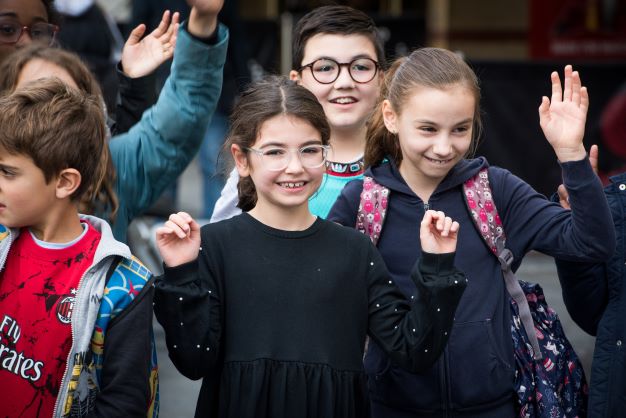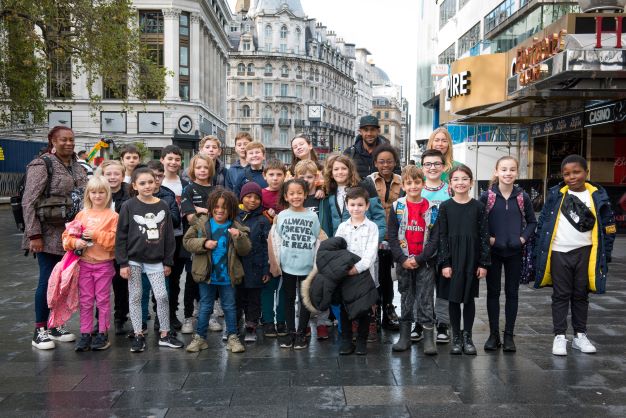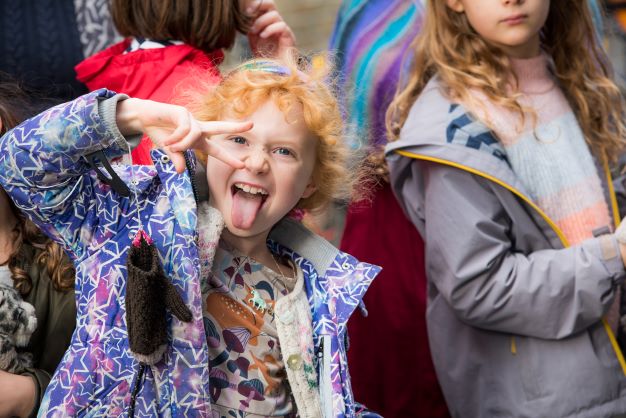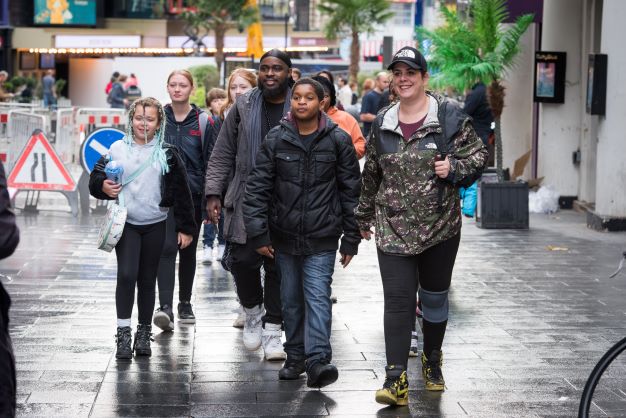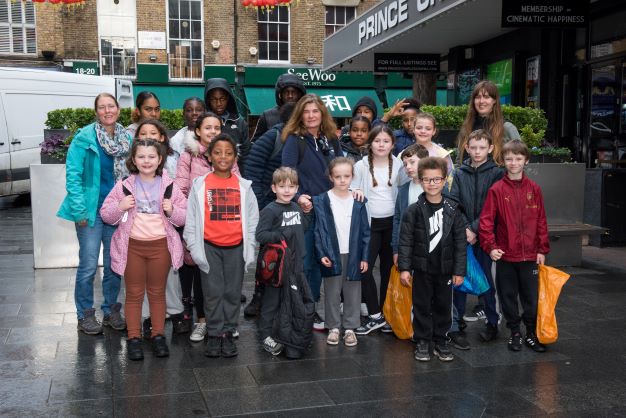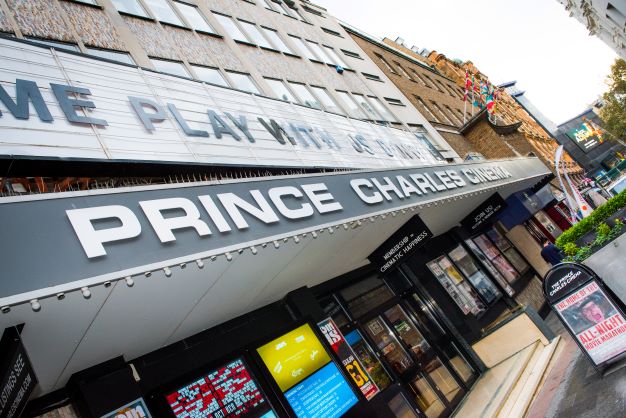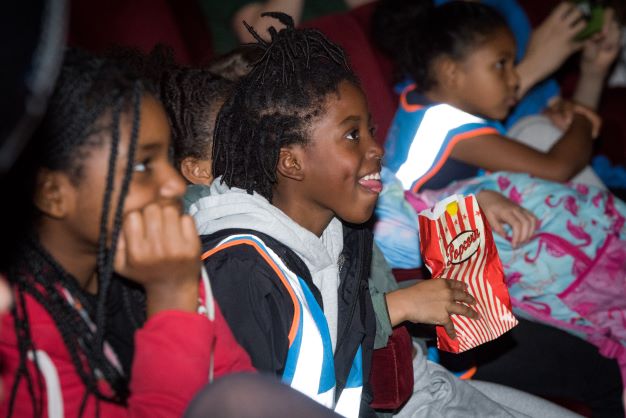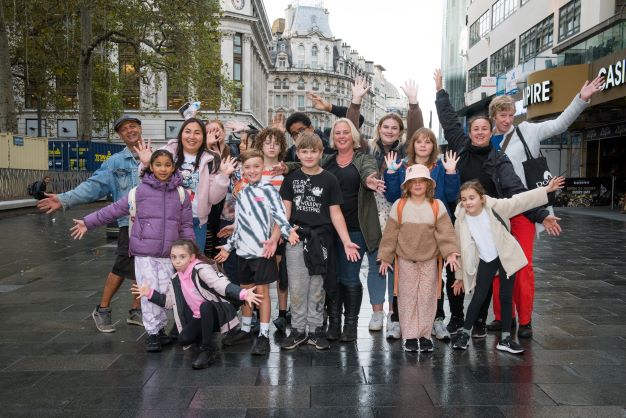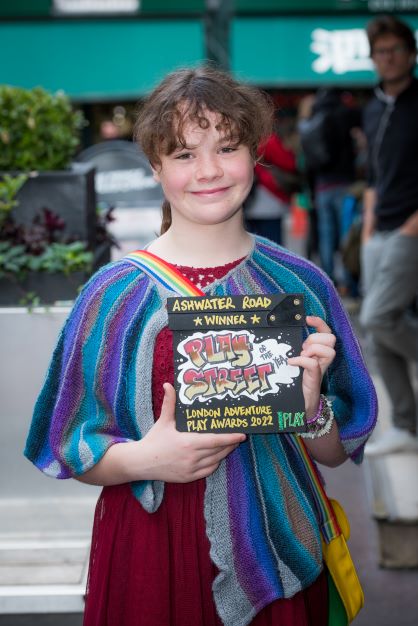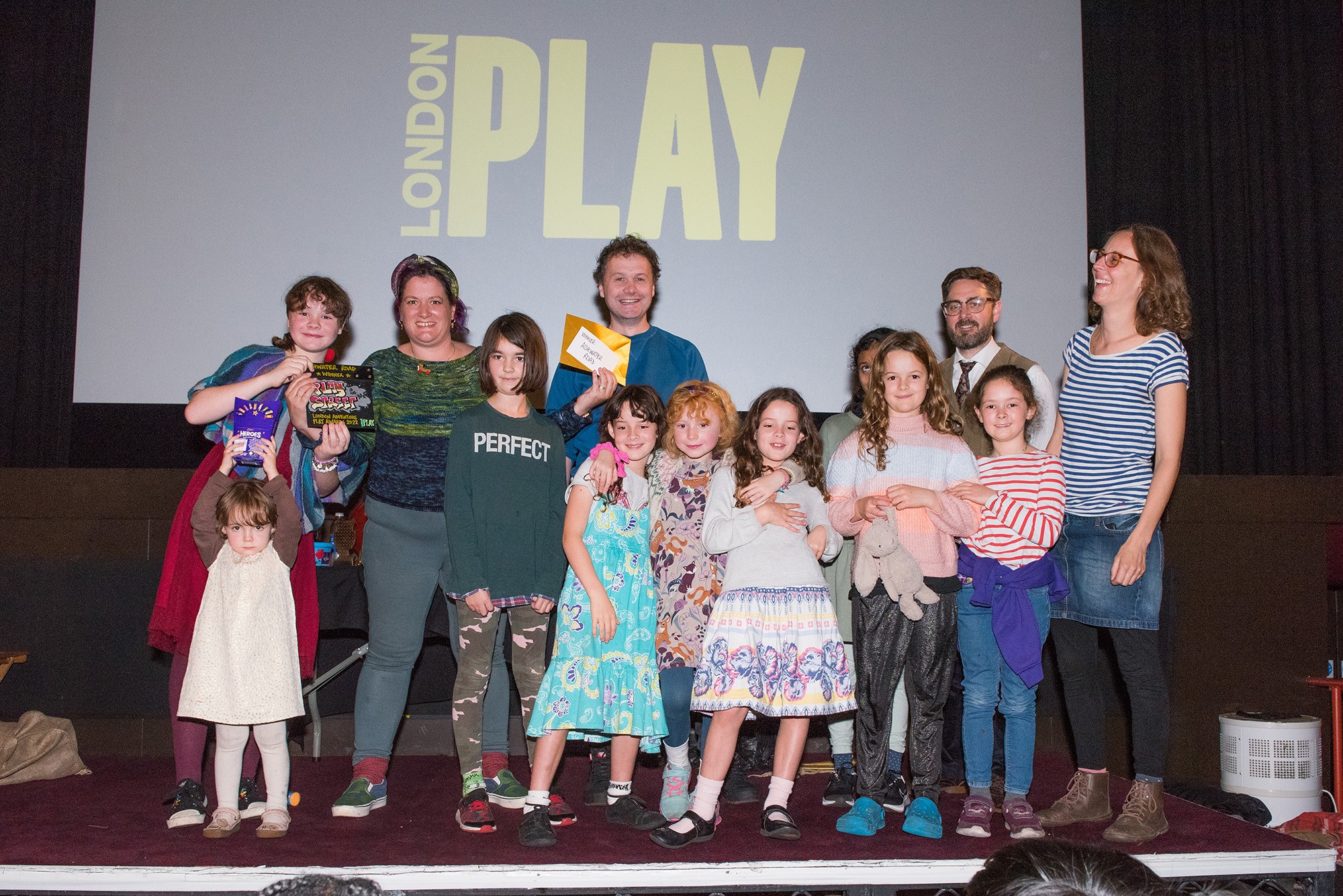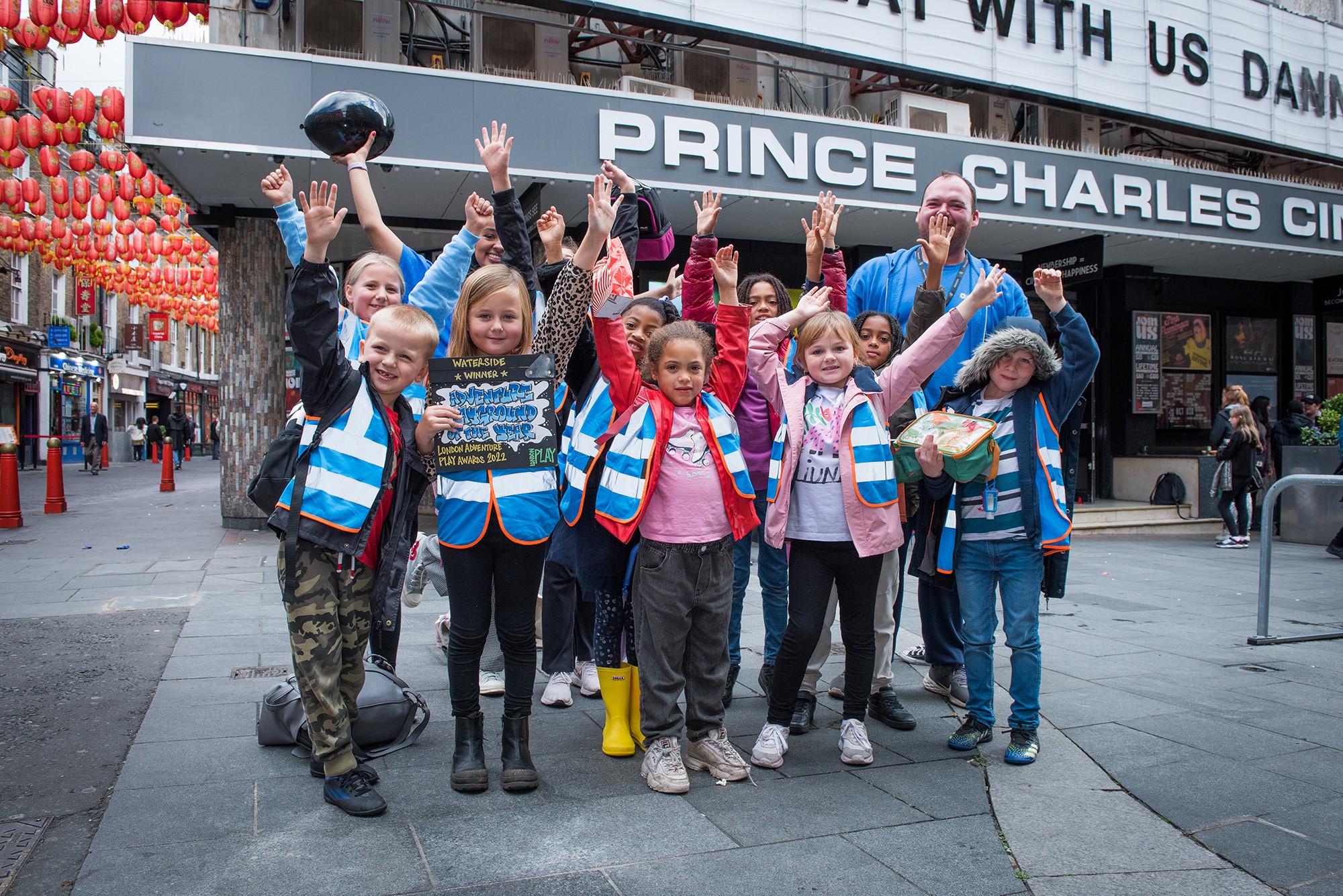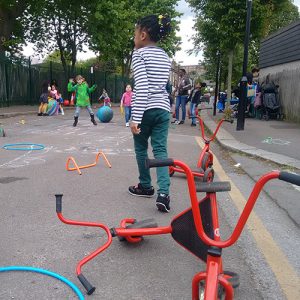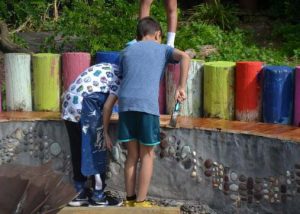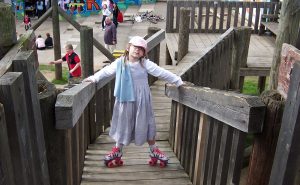Two south London playgrounds have been jointly named ‘London’s Saddest Playground’ in a public vote. Bromley’s Crystal Palace Park and Leyton Square in Southwark were deemed the playgrounds ‘most in need of love’ on Valentine’s Day, earlier this month.
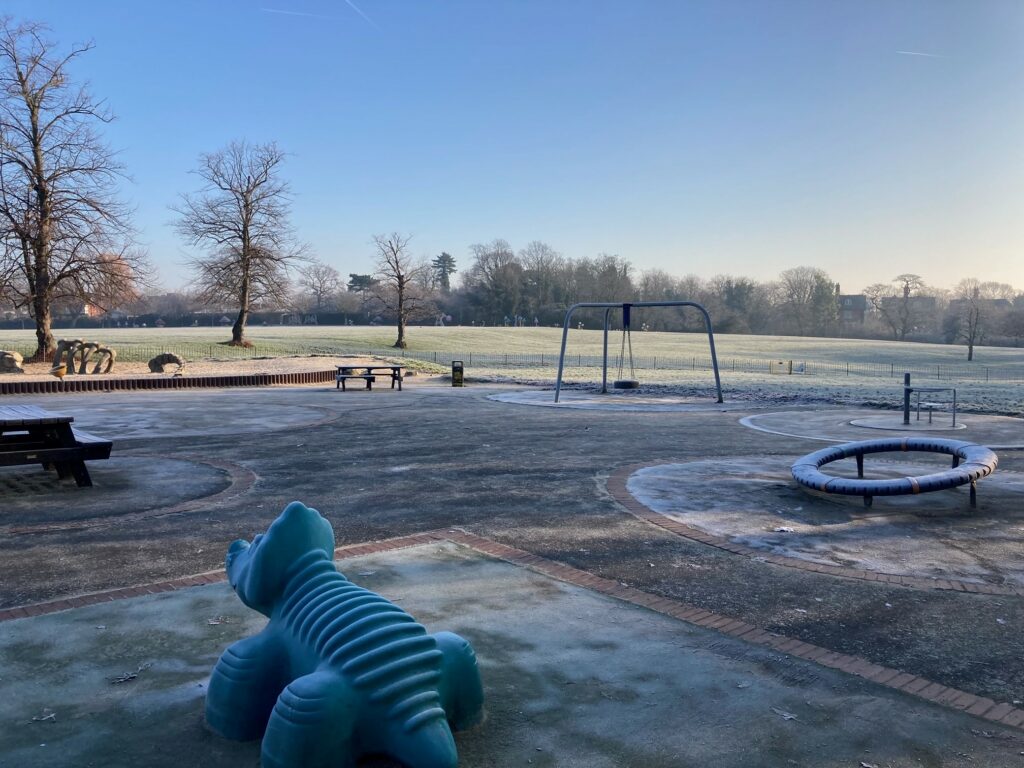
Children’s charity London Play ran the London’s Saddest Playground campaign in a bid to turn the spotlight on poor play facilities in the capital; and is offering to work with groups who nominated their local playgrounds to turn things around. They will be offered support with campaigning and fundraising to improve substandard playgrounds over the coming months.
Seven-year-old Wilf nominated Crystal Palace Park playground with the help of his mum, Sarah Sarson. “Lots of people use the park and for its size, it’s playground is rubbish,” he said. “It only has swings and a sandpit.”
Sarah added: “Wilf spotted the call for London’s saddest playground and wanted to send a photo of Crystal Palace in. We know the whole park is due to be improved by the Crystal Palace Park Trust, who are taking it over, but it’s sad that Bromley council let it fall into such a state over the years. It’s an important space for so many children.”
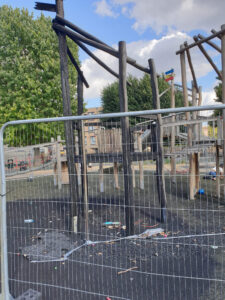 Mary King nominated Leyton Square (pictured left). “I’m thrilled to win but also saddened that for over six months Leyton Square’s big climbing frame has been a burnt-out shell that truly deserves the title ‘London’s saddest playground’,” she said. “The most important thing is that this is a first step towards getting the playground restored to be a place that Southwark’s children are proud to play in.”
Mary King nominated Leyton Square (pictured left). “I’m thrilled to win but also saddened that for over six months Leyton Square’s big climbing frame has been a burnt-out shell that truly deserves the title ‘London’s saddest playground’,” she said. “The most important thing is that this is a first step towards getting the playground restored to be a place that Southwark’s children are proud to play in.”
A close third in the competition was Emerald Square in Ealing, run by housing association A2 Dominion.
London Play’s deputy director Fiona Sutherland said: “Local playgrounds are vital for children’s health and well-being, but too many are blighted by neglect. Some 35 per cent of parents surveyed in 2019 reported that their local playground had been subject to neglect or closure. This has only worsened since the outset of the pandemic.
Play is too often seen as a luxury instead of what it is: a vital cornerstone for thriving children and thriving communities too.
We are looking forward to working with the winning groups to campaign successfully for investment in play – and in the process turn London’s saddest playgrounds into London’s gladdest playgrounds in the coming year.”
London Play is calling on Londoners to let them know about poor play services, facilities or policies in their areas. As well as poor quality playgrounds this could include after school clubs or holiday play schemes which are threatened with closure or reductions in their services; or too many signs prohibiting play on a housing estate. Email info@londonplay.org.uk with details.
Download a pdf of this press release below.


